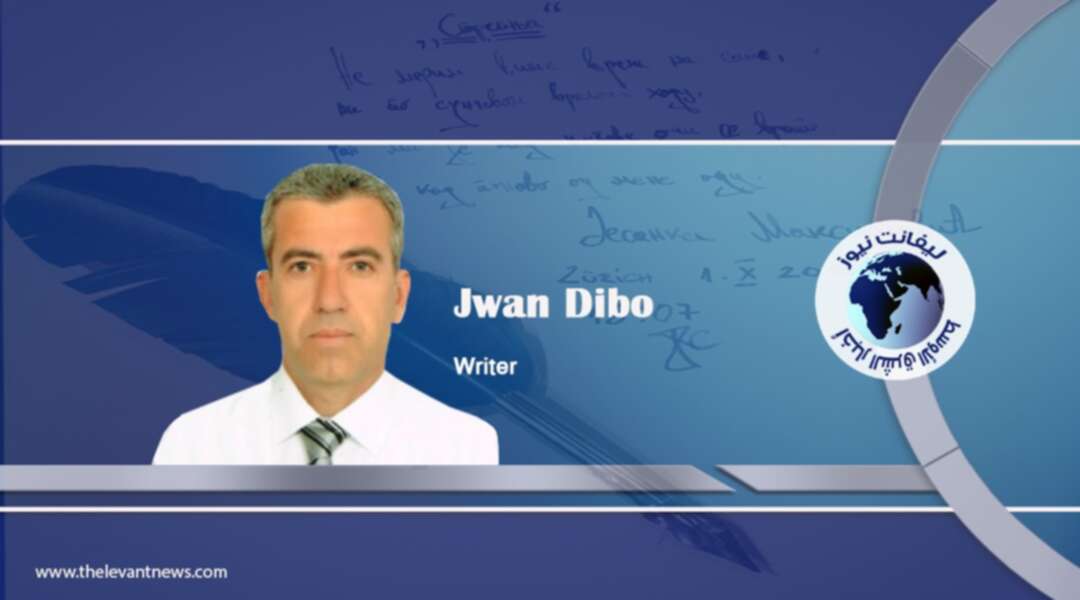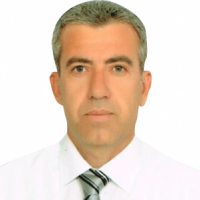-
Syria's Kurds in Biden-Putin Summit

The US president will hold two separate summits during this month. One of them is with Russia’s president on 16th June, and the other is with Turkey’s president on 14th June. Indeed, Kurdish issue in Syria will be an essential part of the talks in these summit meetings. It can, even, be said that the Kurds in Syria are the common subject between the two distinct meetings. Syria's Kurds
For the Kurds in Syria, the US-Russia summit is more important than the US-Turkish one. There are numerous reasons behind this belief. First, the US and Russia are two great powers involved in Syria, and any potential solution for Syria’s impasse, must be approved by the two states.
Second, the possibility of reaching a common understanding between Washington and Moscow on the rights of Syria’s Kurds is much greater than between Washington and Ankara. Third, Biden-Putin summit is pre-scheduled and will be held independently, while Biden-Erdogan's meeting will be held on the sidelines of NATO summit in Brussels on 14th June.
Fourth, the Kurds no longer have any hope of a positive change in Turkey’s position on their rights. On the contrary, pessimism prevails and dominates these days, because of the open war that Erdogan's Turkey is waging against the Kurds, whether inside Turkish Kurdistan, Iraqi Kurdistan, or Syrian Kurdistan.
The US and Russia are on opposite sides in Syria. Russia has supported Bashar al-Assad’s regime, while the U.S has backed Kurdish-led Syrian Democratic Forces (SDF). A slew of thorny dossiers between both superpowers including political future of Syria await the two leaders. The problem was, and still is, that the Kurdish role throughout the Syrian crisis has been a subject of a sharp dispute between Washington and Moscow. Syria's Kurds
Russia has always wanted the Kurds to work for the Syrian regime, while the US has always urged them to stay away from al-Assad regime. The biggest problem was, and still is, that both countries want to use and co-opt Syria’s Kurds for free. Both countries, especially the US, has not, even, protected them against successive Turkish invasions and occupations.
It is true that the Kurdish-led SDF are backed by the US, but the US has not adequately protected them against Turkey's threat, nor has not worked to mitigate the effects of the stifling economic crisis plaguing their regions. This reflects the absence of a clear American strategy in Syria. Moreover, it shows that the future of the Kurds in Syria is not a big matter to US and is not one of its priorities.
The Kurds in Syria were and still are the weakest player in the Syrian conflict. Their enemies are much more than their friends. The US and Russia have used them more than once to blackmail Turkey. On the other hand, Russia has threatened and intimidated the Kurds more than once by encouraging Turkey against them. Turkey, in turn, has several times invaded and occupied their territories by concluding secret deals with the US and Russia together. The Syrian regime and Iran were and still are igniting unrests in the areas of the Kurdish-led Autonomous Administration of North and East Syria, through their militias. In addition, political forces of the Syrian Kurds are divided and not united.
There are many direct and indirect outstanding issues between the two superpowers, including the future of the political settlement in Syria. But it seems that the Syrian issue does not occupy an important place in the context of those pending problems, and more precisely the Kurdish issue in Syria.
All countries, especially the major ones, act according to their interests only, and solving the Kurdish issue in Syria does not serve the interests of U.S. and Russia together. In other words, it is not an issue of importance to US foreign policy. In addition, the two countries can reach temporary or semi-permanent settlements for some important issues by making some bargaining at the expense of minor issues, for them, such as the rights of the Kurds in Syria.
The hopes that some or most of the Kurds have held for the administration of Democratic President, Joe Biden, seem to be illusory. The recent Turkish escalation against the Kurdistan region of Iraq under the pretext of fighting PKK fighters without any reaction from the U.S. is sufficient evidence. Note that Turkey cannot invade and occupy more of the lands of the Kurdistan region without obtaining the American green light. All U.S. did, so far, was that its ambassador to the United Nations expressed its concern about the recent Turkish escalation against the Kurdistan region of Iraq. Syria's Kurds
The rights of the Kurds in Syria were not and will not turn into a point of disagreement between Washington and Moscow. On the contrary, it may turn into a bargaining between the two sides in order to reach settlements for other outstanding issues, of course, at the expense of the Syrian Kurds. levant
by: Jwan Dibo levant

You May Also Like
Popular Posts
Caricature
BENEFIT Sponsors BuildHer...
- April 23, 2025
BENEFIT, the Kingdom’s innovator and leading company in Fintech and electronic financial transactions service, has sponsored the BuildHer CityHack 2025 Hackathon, a two-day event spearheaded by the College of Engineering and Technology at the Royal University for Women (RUW).
Aimed at secondary school students, the event brought together a distinguished group of academic professionals and technology experts to mentor and inspire young participants.
More than 100 high school students from across the Kingdom of Bahrain took part in the hackathon, which featured an intensive programme of training workshops and hands-on sessions. These activities were tailored to enhance participants’ critical thinking, collaborative problem-solving, and team-building capabilities, while also encouraging the development of practical and sustainable solutions to contemporary challenges using modern technological tools.
BENEFIT’s Chief Executive Mr. Abdulwahed AlJanahi, commented: “Our support for this educational hackathon reflects our long-term strategic vision to nurture the talents of emerging national youth and empower the next generation of accomplished female leaders in technology. By fostering creativity and innovation, we aim to contribute meaningfully to Bahrain’s comprehensive development goals and align with the aspirations outlined in the Kingdom’s Vision 2030—an ambition in which BENEFIT plays a central role.”
Professor Riyadh Yousif Hamzah, President of the Royal University for Women, commented: “This initiative reflects our commitment to advancing women in STEM fields. We're cultivating a generation of creative, solution-driven female leaders who will drive national development. Our partnership with BENEFIT exemplifies the powerful synergy between academia and private sector in supporting educational innovation.”
Hanan Abdulla Hasan, Senior Manager, PR & Communication at BENEFIT, said: “We are honoured to collaborate with RUW in supporting this remarkable technology-focused event. It highlights our commitment to social responsibility, and our ongoing efforts to enhance the digital and innovation capabilities of young Bahraini women and foster their ability to harness technological tools in the service of a smarter, more sustainable future.”
For his part, Dr. Humam ElAgha, Acting Dean of the College of Engineering and Technology at the University, said: “BuildHer CityHack 2025 embodies our hands-on approach to education. By tackling real-world problems through creative thinking and sustainable solutions, we're preparing women to thrive in the knowledge economy – a cornerstone of the University's vision.”
opinion
Report
ads
Newsletter
Subscribe to our mailing list to get the new updates!






















